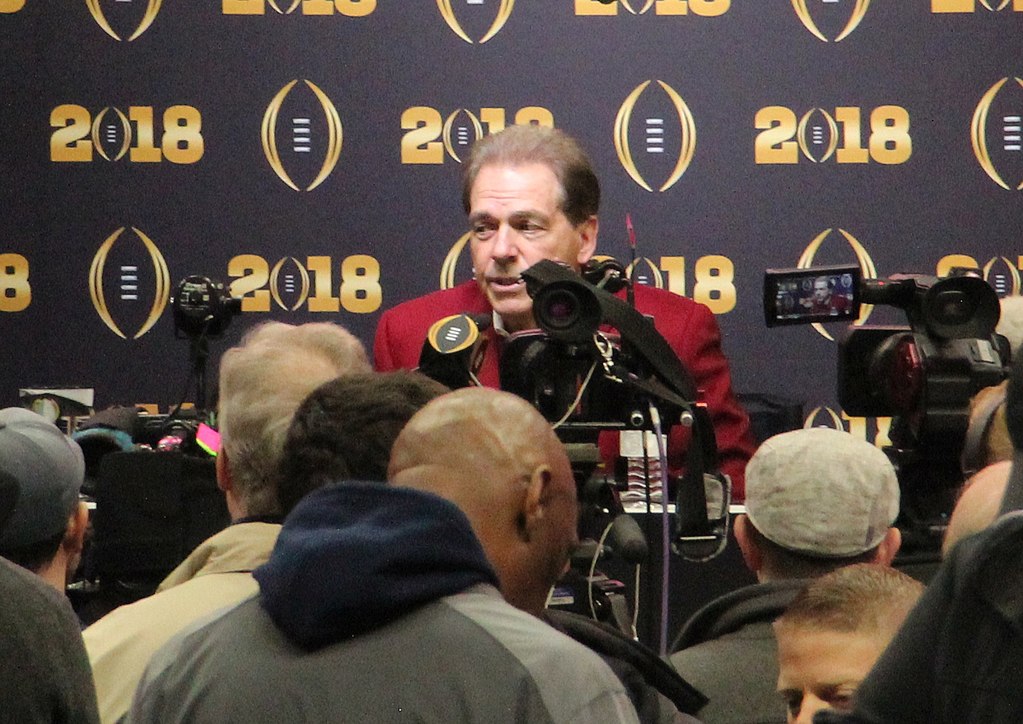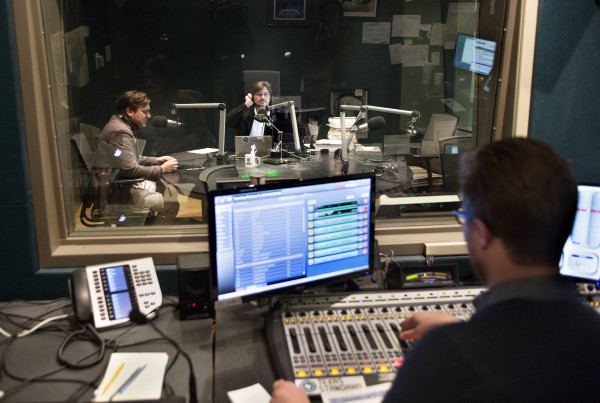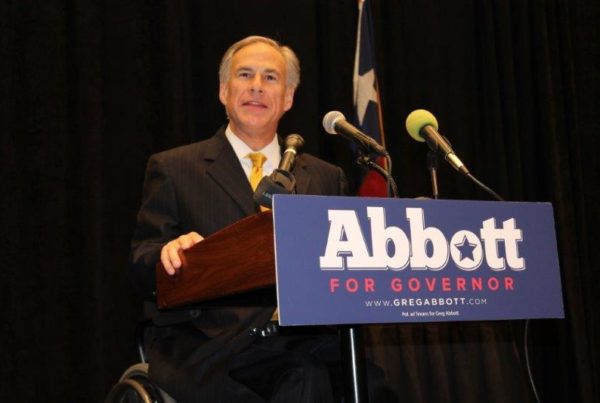The college football season ends Monday night with the championship game between Alabama and Clemson. At stake are bragging rights and records, but also a lot of money and a coaching legacy.
The teams meeting for the championship have been there before. Clemson and Alabama have met four times in the college football playoffs, with three meetings in the championship game. And it’s made a lot of money for the two school’s football programs.
Daron Roberts is the director of the Center for Sports Leadership and Innovation at the University of Texas at Austin, and a former NFL coach. He says the two head coaches, Alabama’s Nick Saban and Dabo Swinney of Clemson, stand to make a lot of money personally. Saban gets $200,000 if his team wins, and $250,000 would go to Swinney if Clemson is victorious.
“It just shows you how much money flows through the bowl games into the coffers of athletic departments and head coaches,” Roberts says.
Bowl games earn a large amount of revenue for all the teams that participate, as well as their athletic conferences. Roberts says 2018-19 marks the first bowl season when bonuses paid to coaches have topped $10 million. He says the bonuses reward coaches for wins, as well as other metrics like graduation rates among student athletes. But not everyone benefits.
“What really sort of frustrates me is you would like to see the teams also allocating money to initiatives like tuition assistance for graduating athletes,” Roberts says.
Even if athletes continue to be unpaid, Roberts says they should receive a larger slice of the financial pie.
“Let’s also give them some added provisions to help them earn more down the road,” Roberts says.
Some schools are applying their bowl game earnings to athlete-focused projects, Roberts says. UT’s Center for Sports Leadership and Innovation is currently studying how the biggest five athletic conferences are providing tuition assistance to athletes.
“Som athletic departments will say, ‘Hey, if you pursue a graduate program here at our university, we’ll give you tuition assistance.’ But it’s not as common as some would think,” Roberts says.
He says such assistance would go part of the way toward compensating athletes for the amount of time they devote to sports while in college.
Written by Shelly Brisbin.
















